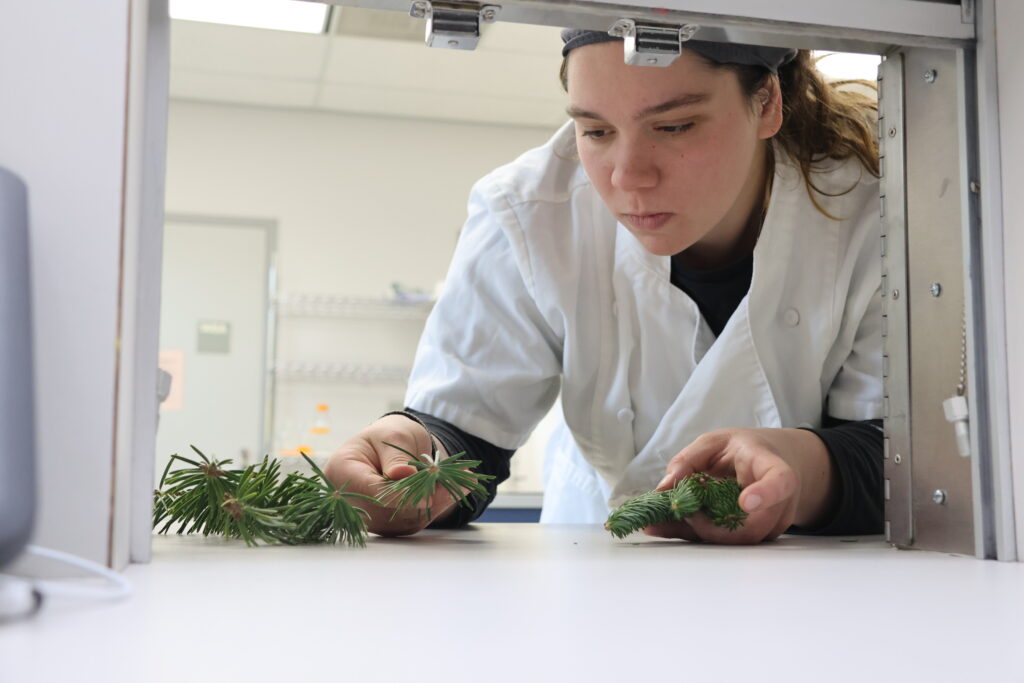
WSU Sensory Science Center
Our Focus
- Cutting-edge research in food and sensory science.
- Interdisciplinary projects spanning Horticulture, Animal Science, Economics, and Marketing.
- Education and training for graduate and undergraduate students, including formal classes and engaging club activities like the Product Development Team and Food Science Club.
Meet Our Experts
Dr. Carolyn Ross and Dr. Soo Lee lead our team of distinguished food scientists.
Hear From Our Clients
At AQUALAB, our goal is to provide our partners with complete moisture control in all stages of production. This also includes helping our clients understand how water impacts sensory qualities of foods, pharmaceuticals, cannabis, cosmetics, and beyond. AQUALAB is excited to partner with the Sensory Evaluation Center at Washington State University to further explore, understand and define the relationship between water activity and a wide array of sensory attributes.
Stemilt values collaborating with the WSU Sensory Science Center in our work to develop World Famous Fruit that delights consumers. The Center is a great local resource for fruit variety developers to understand consumer sentiment before the commercial launch of a variety.
Oceanit collaborated with Dr. Ross’s team at Washington State University School of Food Science to develop a novel food powder additive containing high levels of essential amino acids (EAAs) through iterative analysis of taste and sensory performance. Their electronic tongue monitored the taste of bitter core raw materials and Oceanit’s COMPAACT powders, proving effective taste-masking ability of the encapsulation technology. By using an instrument to assess taste, Oceanit could swiftly improve formulations in the lab to optimize trials before moving final production to an FDA-registered facility. COMPAACT is fortified with supplements that can be utilized in pre-packaged meals-ready-to-eat (MREs) for warfighters that are lighter weight and more readily absorbed for quick energy recovery compared to standard protein powders. The WSU Sensory Science Center was instrumental in performing rapid research in support of Oceanit’s “Mind to Market” approach moving technology from ideation to consumer product.
Related News
WSU researchers explore the scents that drive Christmas tree appeal
WSU sensory experiments inform national research for improved holiday firs that can grow fast and…
E-tongue can detect white wine spoilage before humans can
While the electronic tongue bears little physical resemblance to its namesake, the strand-like se…
Feast for the senses: food scientists taste-test how music changes our chocolate perception
Careful with that Valentine’s Day playlist! Food scientists are learning how music can infl…
WSU Sensory Center looking for older adults in food study
Volunteers 60 and over needed for a study to evaluate food texture perception and sensitivity.</p…
Food texture key to eating habits in children with Down syndrome
WSU study finds children with Down syndrome prefer food with a crispy, oily mouthfeel and don’t…
Two Fulbrights, one family
Carolyn Ross and her husband Travis Ridout will temporarily move their family to Australia in Jan…





